How to Use Adverbs of Time
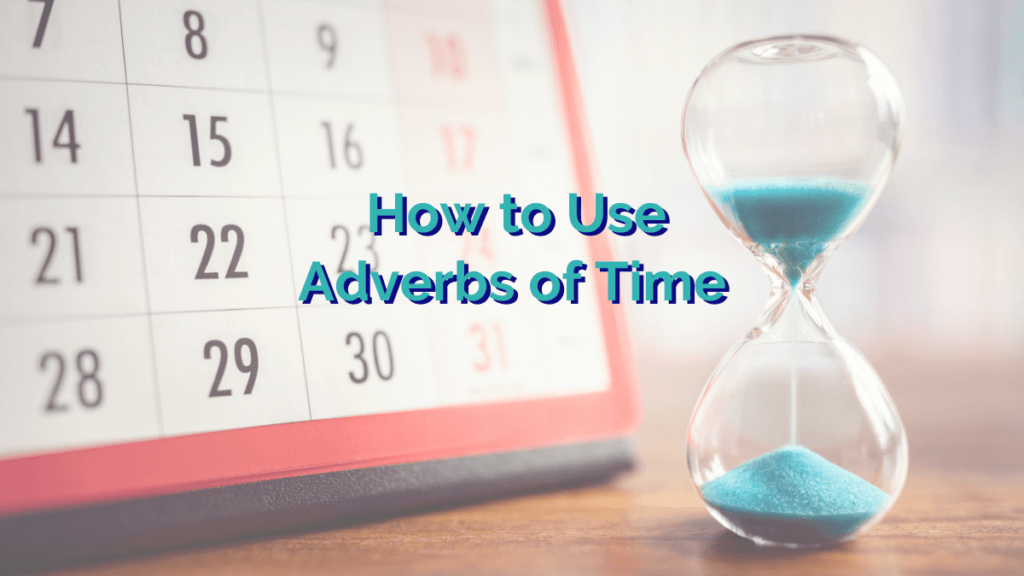
What is an adverb?
An adverb is a word which modifies a verb or other adverb. This blog post is part four of our adverbs series. In previous blog posts, we covered how to use adverbs of degree, adverbs of frequency, and adverbs of place. Today, we’ll look at how to use some common adverbs of time.
What are adverbs of time?
We have already seen how adverbs of degree describes the intensity of an action, adverbs of frequency describe how often an action happens, and adverbs of place describe where actions happen.
Adverbs of time describe when an action happens, or how long the action happens for.
Here are some examples:
We are going to the beach tomorrow.
I will do my homework later.
He has been working on the project all morning.
The table below shows some common adverbs of time.
| Present | Past | Future |
| Now/right now | Yesterday | Tomorrow |
| Today | Last night/week/month/year | The day after tomorrow |
| At the moment | Earlier | Next week/month/year |
| Currently | Later |
How to use them
Let’s look at some common adverbs of time, and some example sentences.
Normally we place adverbs of time at the end of the sentence.
I am going to write that blog post today.
I’m studying English right now.
Karly is living with her parents at the moment.
We will go to the store tomorrow.
I passed my exam yesterday.
What are you doing this weekend? I’m having a party.
I’m busy this weekend, but perhaps we could do something next week.
George travelled to South Africa last year.
Katy ate lunch earlier, but we will go out for dinner later.
We can also change the order of the sentence and put the adverb at the beginning if we want to add more emphasis or highlight the importance of the timing.
For example:
This morning, I was awoken by the neighbours playing very loud music.
Later, the criminal returned to the scene of the crime.
Currently
The adverb ‘currently’ means ‘at this moment’ or ‘right now’. We use this adverb with the present continuous tense, and we place it between the auxiliary ‘to be’ and the gerund verb.
I am currently studying English with Intrepid English.
Nick is currently looking for a new job.
Duration
We can also use adverbs of time to describe the duration of an action in the present perfect and present perfect continuous.
For example:
I’ve been working on this project all morning.
The team have been travelling all week.
For and Since
Two common adverbs with the present perfect tense are ‘for’ and ‘since’.
We use ‘for’ to describe the duration of an action. ‘For’ + amount of time.
I have been studying French for six months.
Jill has been taking piano classes for six weeks.
Marc has been working at the company for three years.
We use ‘since’ to describe when an action began. ‘Since’ + a time in the past.
I have lived in this house since January 2020.
They have been together since last Christmas.
She has been practicing law since she graduated.
Practice exercise
Complete these exercises to practise using adverbs of time. You can post your answers in the comments, or send us a message using the green chat box.
Put the words in the correct order to create a sentence.
- /since /has /2019 France/ living/ been/ Helmut
2. currently/ is/ She/ home/ from/ working
3. cousin/ My/ arrive/ will/ tomorrow
4. prepared/ I/ ingredients/ the/ earlier
5. We/ been/ in/ living/ three/ have/ house/ this/ for/ months
Thanks for subscribing to our newsletter!
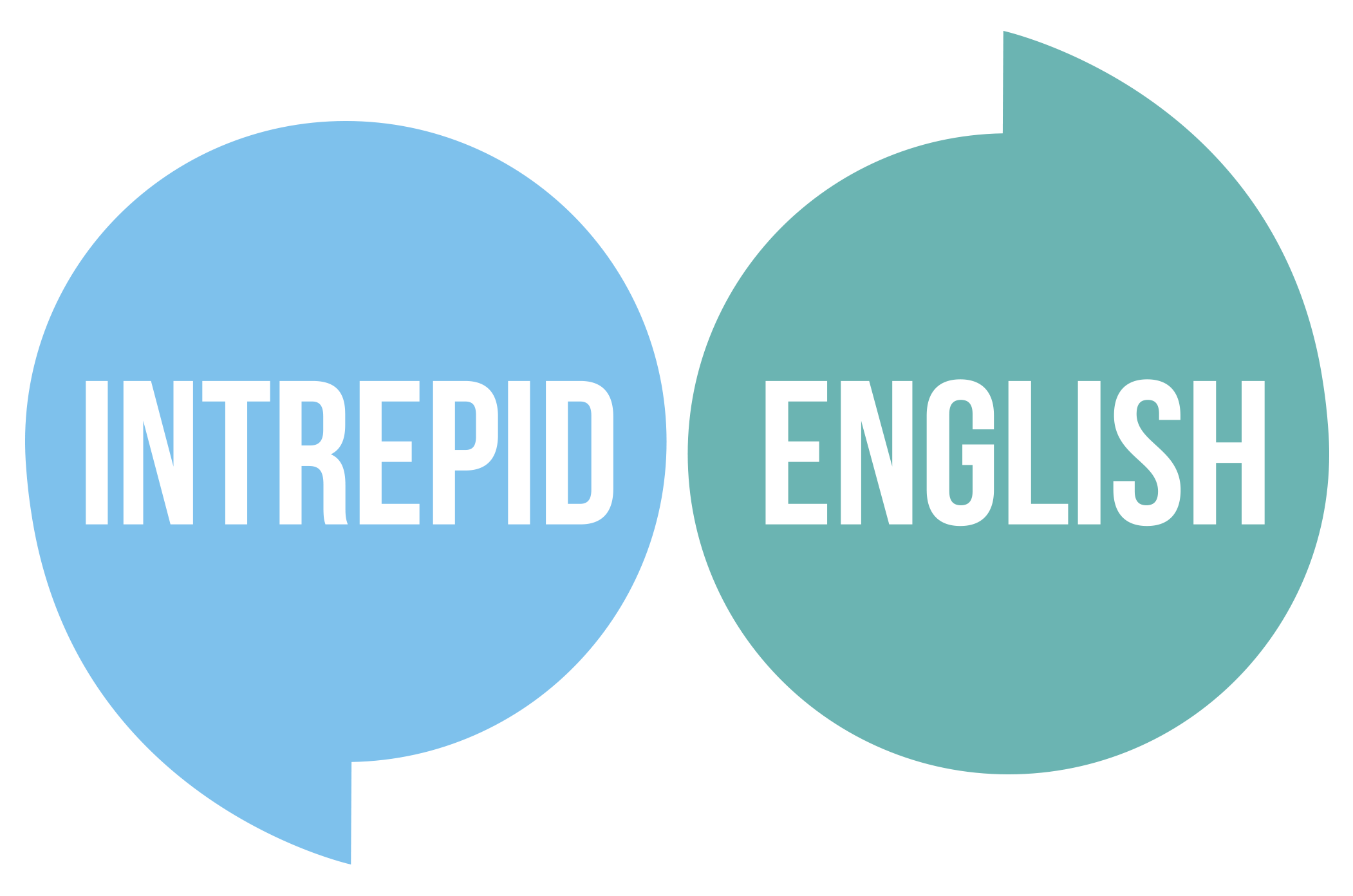
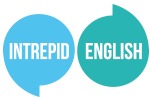
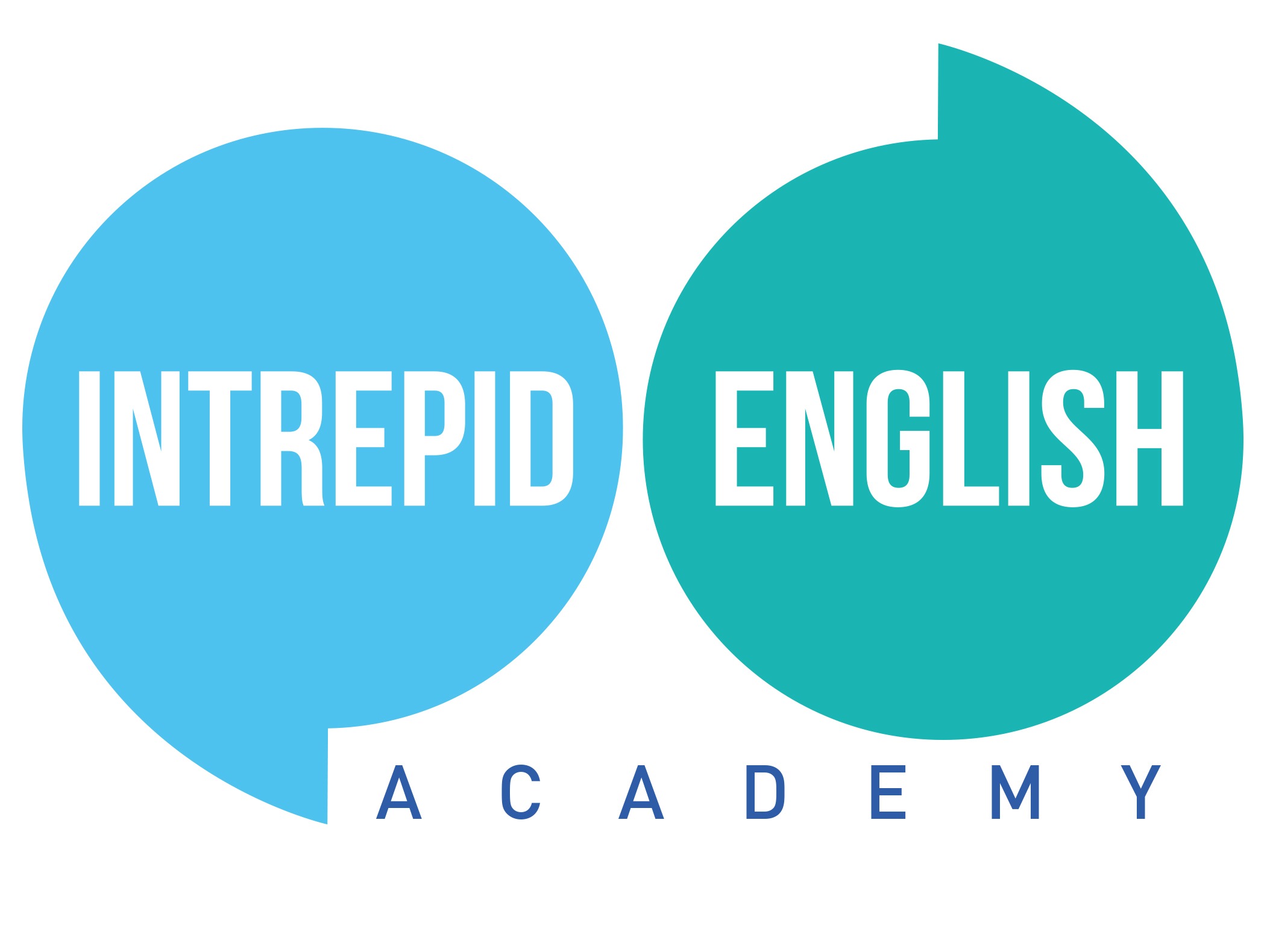
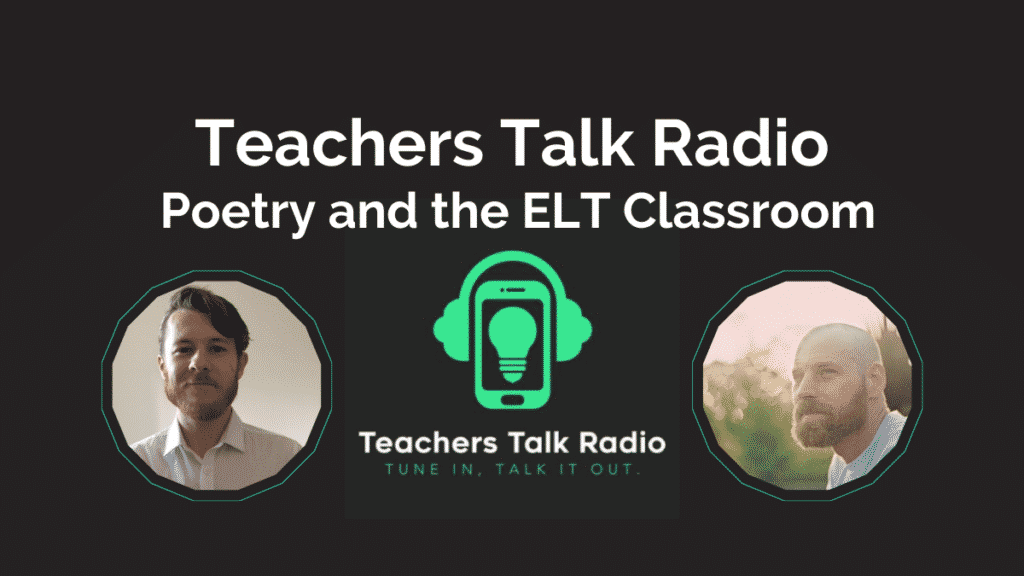

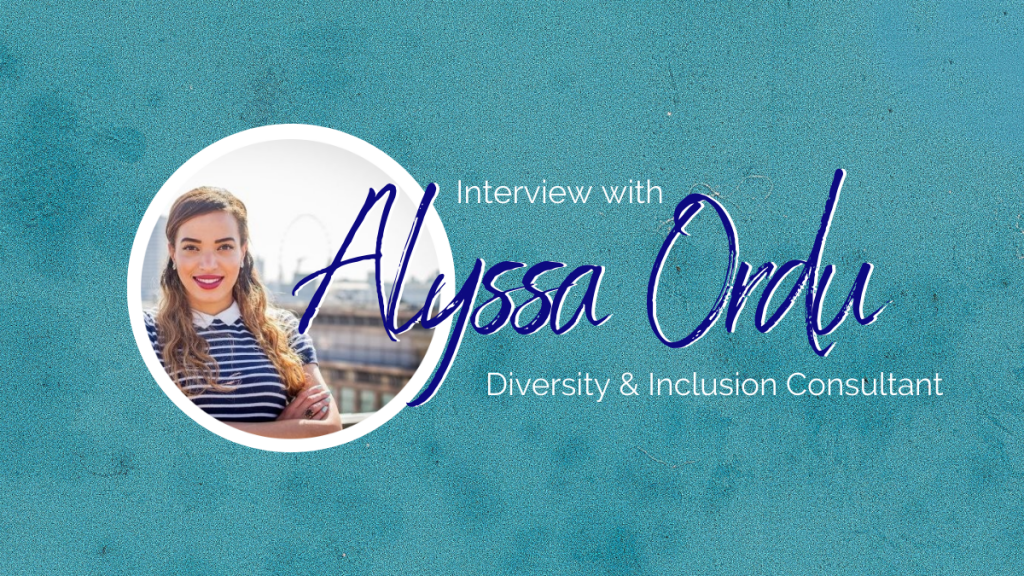

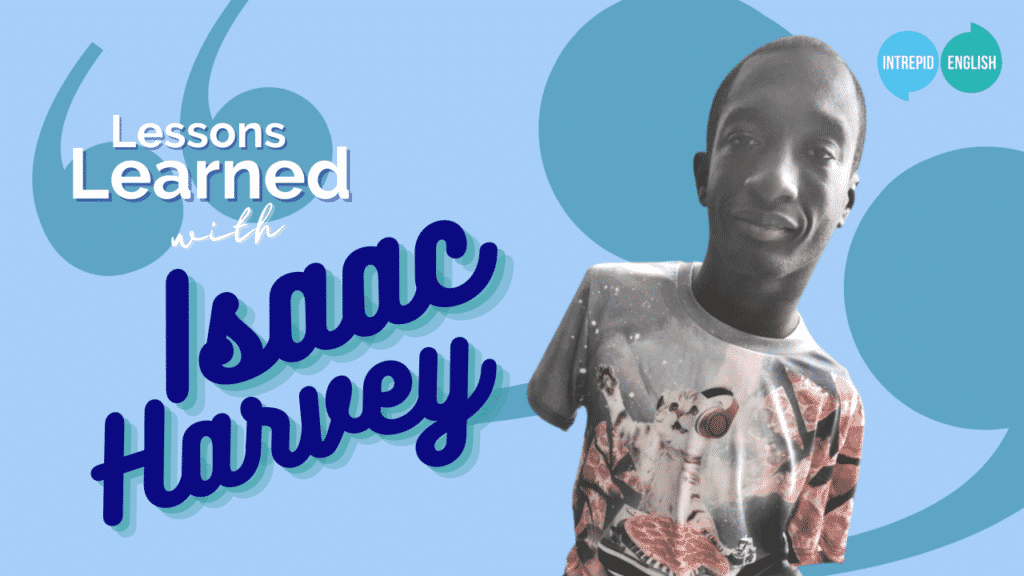
Responses